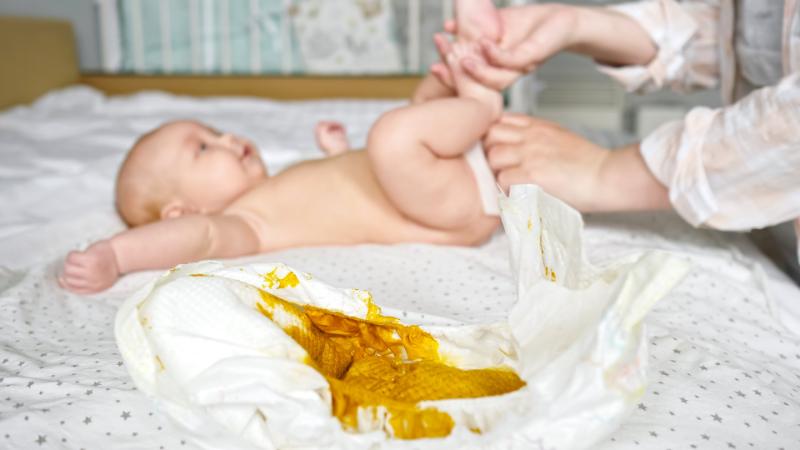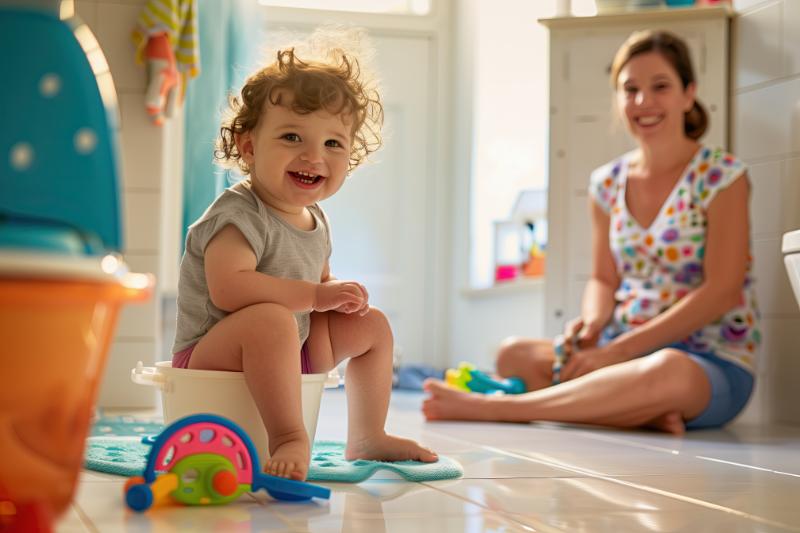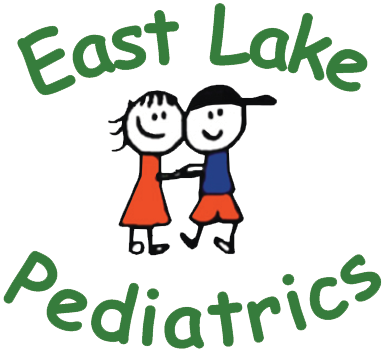
There’s one thing every parent dreads—those unexpected moments when you’re left wondering, “Did my baby really just eat poop?” While it might sound like a nightmare scenario, rest assured you’re not alone, and more importantly, it’s usually not as alarming as it seems.
“Yes, babies have an uncanny ability for finding their way into the most bizarre situations, and eating poop can be one of them!”
Before panic sets in, let’s dive into some practical steps to handle this situation calmly. From immediate actions to when you should consult a healthcare professional, we’ve got you covered. Remember, your baby’s curious exploration is a normal part of development. Knowing how to address these incidents can transform chaos into a manageably funny memory. Take a deep breath—let’s tackle this together.
Why Do Babies Eat Poop?
Ever wonder why your baby seems fascinated by the least appealing objects? It’s all part of their developmental learning process.
Babies and toddlers explore the world through their senses, especially taste. This natural curiosity sometimes leads to the accidental ingestion of non-food items, including feces. For example, a baby might grab at their dirty diaper during a change or mistake the dog’s food area for their playground.
While it’s definitely an unsettling experience, most incidents occur out of simple curiosity or mimicry. They typically don’t indicate any underlying problem. However, it’s essential to ensure your child hasn’t ingested a significant amount and watch for any signs of illness.
Quick Fact: The prevalence of babies accidentally ingesting feces is higher than you might think. Knowing how to react calmly and appropriately can save you a lot of stress.
Is Eating Poop Dangerous?
Eating poop isn’t usually dangerous, but it can sometimes pose health risks depending on the source. Fecal matter may contain harmful bacteria, viruses, or parasites that can cause gastrointestinal infections or other health issues.
Here’s a breakdown of risks:
- Own Feces: Usually the least harmful but can still irritate the stomach.
- Animal Feces: May contain parasites (like roundworms) or bacteria (like Salmonella and E. coli).
- Other People’s Feces: Higher risk, especially if the individual is sick or has an infection.
When to Be Concerned: Watch for symptoms like vomiting, diarrhea, fever, or unusual lethargy. If your baby is immunocompromised or has pre-existing health conditions, consult a doctor immediately.

Human feces can contain bacteria, viruses, and parasites that may cause illness.
Immediate Steps: What to Do Right Away
It’s important to stay calm and act promptly. Here’s what you should do:
- Remove Any Remaining Feces: Gently wipe your baby’s hands, face, and mouth with a damp cloth or baby-safe wipes.
- Clean Thoroughly: Wash your baby’s hands and face with mild soap and warm water to prevent further ingestion.
- Offer Water: Small sips of water can help rinse away any bacteria left in the mouth.
- Monitor Closely: Keep an eye on your baby for symptoms like vomiting, diarrhea, or fever over the next 24-48 hours.
If your baby exhibits severe symptoms or shows signs of distress, call your pediatrician or poison control immediately for tailored guidance.
Rinse the baby’s mouth with water to remove any residue.
Safe Home Remedies: What Works and What Doesn’t
Knowing what to do—and what to avoid—can make all the difference.
What Works:
- Rinse your baby’s mouth with water to remove residue.
- Offer small sips of water to help flush out bacteria.
- Use baby-safe mouth wipes to clean their gums and tongue.
What Doesn’t:
- Inducing Vomiting: This can cause more harm than good.
- Herbal Remedies or Essential Oils: Not safe for babies and can lead to allergic reactions.
Stick to safe, simple remedies and consult a professional if symptoms persist.
Prevention Tips: How to Avoid Future Incidents
Let’s be honest—once is more than enough for this kind of incident. Preventive measures can help ensure it doesn’t happen again:
- Dispose of Diapers Properly: Seal dirty diapers in a secure, covered trash bin.
- Supervise Playtime: Keep an eye on your baby during diaper-free time or when they’re near pets.
- Clean Pet Waste Immediately: Don’t let pet waste linger in areas your baby can access.
- Sanitize Play Areas and Toys: Regular cleaning reduces the risk of accidental ingestion.
- Use Distractions: Redirect your baby’s curiosity with safe teething toys or sensory play items.
- Teach Hygiene Early: Encourage handwashing and safe behaviors as they grow.

When to Contact a Healthcare Professional
Here’s when you should call a doctor:
- Persistent vomiting or diarrhea.
- High fever above 100.4°F (38°C).
- Lethargy or unusual drowsiness.
- Signs of dehydration, like a dry mouth or crying without tears.
If you’re unsure about the severity of the situation or the type of feces ingested, contact poison control or your pediatrician for guidance.
Quiz: Test Your Knowledge
1. What is an essential practice to prevent infections after a baby eats poop?
a) Ignoring the incident
b) Washing the baby’s hands, face, and anything they touched (✅ Correct Answer)
c) Giving them more food
d) Keeping them inside the crib
2. When should you contact a pediatrician after a baby has eaten poop?
a) If the baby smiles after the incident
b) If the baby has persistent symptoms or shows signs of distress (✅ Correct Answer)
c) If the baby sleeps too much
d) If the baby plays with toys
3. What should you do immediately after discovering your baby has ingested poop?
a) Induce vomiting to remove the contents
b) Offer small sips of water to rinse their mouth (✅ Correct Answer)
c) Ignore the situation and wait for symptoms
d) Clean the area but leave their mouth untouched
4. Which type of poop poses the highest risk to your baby?
a) Their own feces
b) Animal feces, such as from pets (✅ Correct Answer)
c) Completely dry feces
d) Poop in a sealed diaper
5. What is the best way to prevent future incidents of poop ingestion?
a) Teach your baby to use the toilet immediately
b) Keep diapers and pet waste out of reach (✅ Correct Answer)
c) Allow the baby to explore freely for learning purposes
d) Cover your baby’s hands with mittens
6. True or False: Inducing vomiting is a safe and effective way to prevent harm after your baby eats poop.
a) True
b) False (✅ Correct Answer)
7. Which of the following symptoms should prompt an immediate call to the doctor?
a) Persistent diarrhea and fever (✅ Correct Answer)
b) Baby eating solid foods normally
c) Baby playing with toys without symptoms
d) Baby feeling sleepy during nap time
8. What is one hygiene practice that helps reduce the risk of future incidents?
a) Regularly sanitizing toys and play areas (✅ Correct Answer)
b) Only washing hands when visibly dirty
c) Using herbal remedies after every meal
d) Allowing your baby to crawl unsupervised outdoors
Conclusion
Discovering that your baby has eaten poop can be alarming, but it’s usually not dangerous if handled promptly. By staying calm, addressing the situation effectively, and taking preventive measures, you can ensure your baby’s well-being—and keep your sanity intact.
Remember, your baby’s curiosity is a sign of healthy development, even if it leads to messy moments. Always consult a healthcare professional if you’re concerned, and use these tips to prevent future incidents.
Your child’s health and well-being deserve the best care possible. At East Lake Pediatrics, we’re here to provide compassionate, expert care tailored to your family’s needs. Whether it’s a routine check-up, managing an illness, or addressing your concerns as a parent, we’ve got you covered.
???? Call us today at or schedule your appointment online to ensure your child’s health is in trusted hands. Let’s keep your little ones healthy, happy, and thriving—together!
The information provided in this blog is for educational and informational purposes only. It is not intended as a substitute for professional medical, dental, or healthcare advice. Always consult with a qualified healthcare provider for diagnosis, treatment, and answers to specific medical questions.

